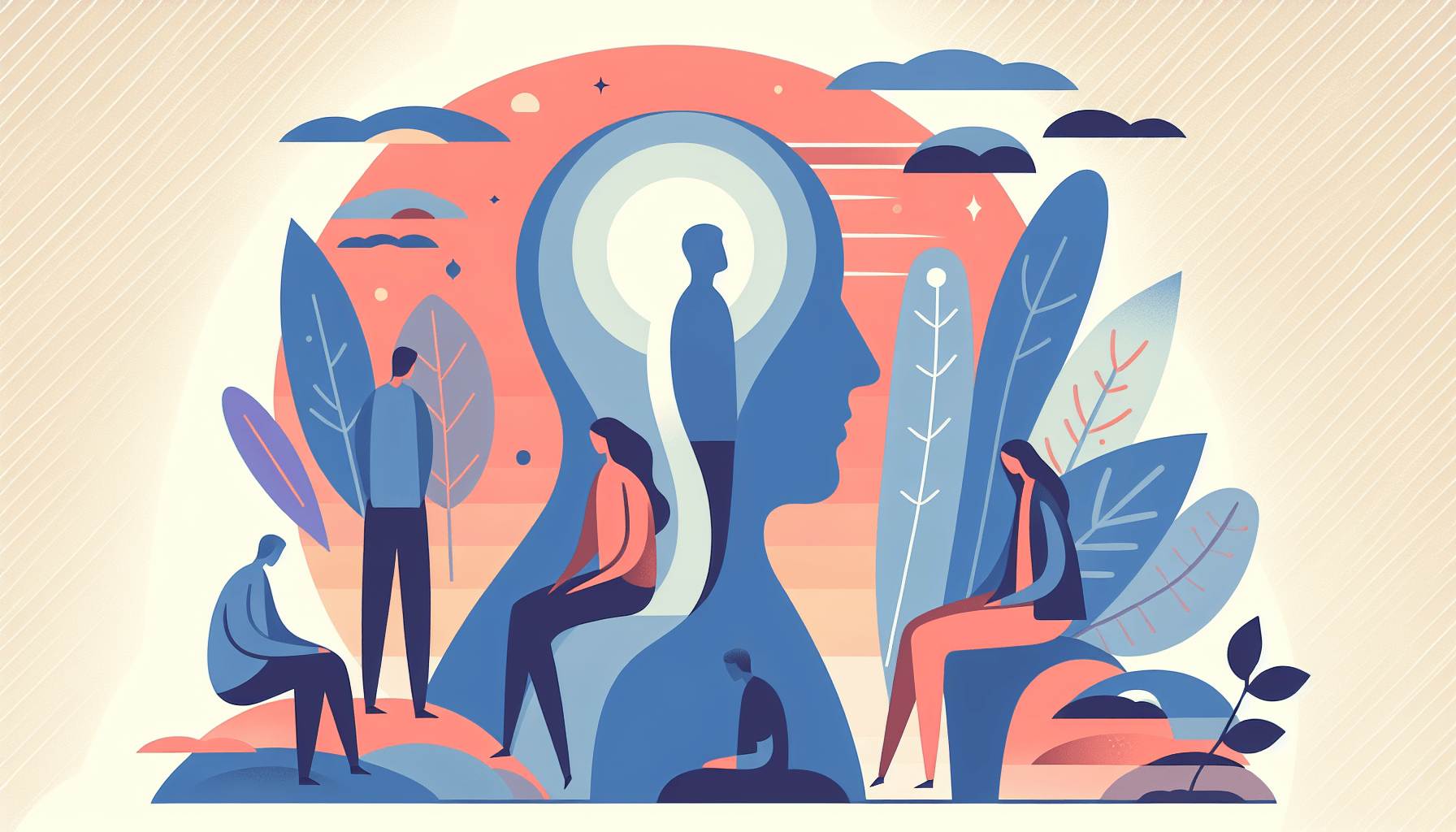Grief is a natural response to losing someone or something important to you. Whether you've lost a loved one, ended a relationship, or experienced a significant life change, it's normal to feel a range of emotions, such as sadness, anger, or loneliness. Everyone grieves differently, but by understanding your emotions, taking care of yourself, and seeking support, you can heal and find ways to cope with your loss.
Types of Grief
There are several types of grief, each with its own unique characteristics:
Uncomplicated grief: Also known as "normal grief," this type of grief is most intense for about six months after a loss but lessens over time.
Anticipatory grief: This occurs when you experience loss before it happens, such as when a loved one is diagnosed with a terminal illness.
Complicated grief: In some cases, grief doesn't improve, and you may have difficulty accepting the loss. This is called complicated grief and may require professional help.
Delayed grief: This happens when you don't process your feelings at the time of the loss but experience them weeks, months, or even years later.
Collective grief: This type of grief is experienced by a group of people in response to far-reaching losses, such as natural disasters or pandemics.
Stages of Grief
In the 1960s, psychiatrist Elisabeth Kübler-Ross identified five stages of grief that people may experience as they come to terms with loss:
Denial: Initially, you may feel shocked or numb and think, "This isn't happening."
Anger: As reality sets in, you may feel frustrated, helpless, or angry at the situation or those around you.
Bargaining: You may dwell on what you could have done to prevent the loss or try to make a deal with a higher power.
Depression: Sadness sets in as you begin to understand the loss and its effect on your life. You may feel overwhelmed, regretful, or lonely.
Acceptance: In this final stage, you accept the reality of your loss and start moving forward with your life, even though you may still feel sad at times.
It's important to remember that everyone experiences these stages differently, and you may move back and forth between them or skip some altogether.
Symptoms of Grief
Grief can affect both your physical and emotional well-being. Some common symptoms include:
Fatigue, headaches, and muscle weakness
Changes in appetite and sleep patterns
Feelings of sadness, anger, guilt, or relief
Difficulty concentrating or making decisions
Withdrawing from social activities
Coping with Grief
There are several ways to cope with grief and begin the healing process:
Give yourself time and accept your feelings
Talk to others and spend time with friends and family
Take care of yourself by exercising, eating well, and getting enough sleep
Return to hobbies and activities that bring you joy
Join a grief support group to connect with others who are also grieving
If your grief interferes with your daily life or your symptoms don't improve after six months, consider seeking help from a mental health professional who specializes in grief counseling.
Supporting Grieving Loved Ones
If someone you care about is grieving, you can support them by:
Being there and asking what they need
Offering practical help, such as running errands or preparing meals
Listening more than you talk and allowing them to process their feelings honestly
Avoiding minimizing their loss or trying to put a positive spin on the situation
Remember, grief is a natural and necessary part of dealing with loss. By understanding the process, taking care of yourself, and seeking support when needed, you can navigate this challenging time and find ways to cope. For more information and resources, visit the American Psychological Association's page on grief.
The Bottom Line
Most people navigate loss naturally over 12-24 months, but persistent symptoms beyond 6 months may indicate complicated grief requiring professional support. Early intervention with counseling and self-care practices significantly improves outcomes and prevents long-term mental health complications. If you're struggling with overwhelming grief symptoms that interfere with work, relationships, or daily activities, Doctronic can help you determine next steps quickly.


